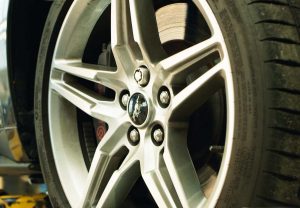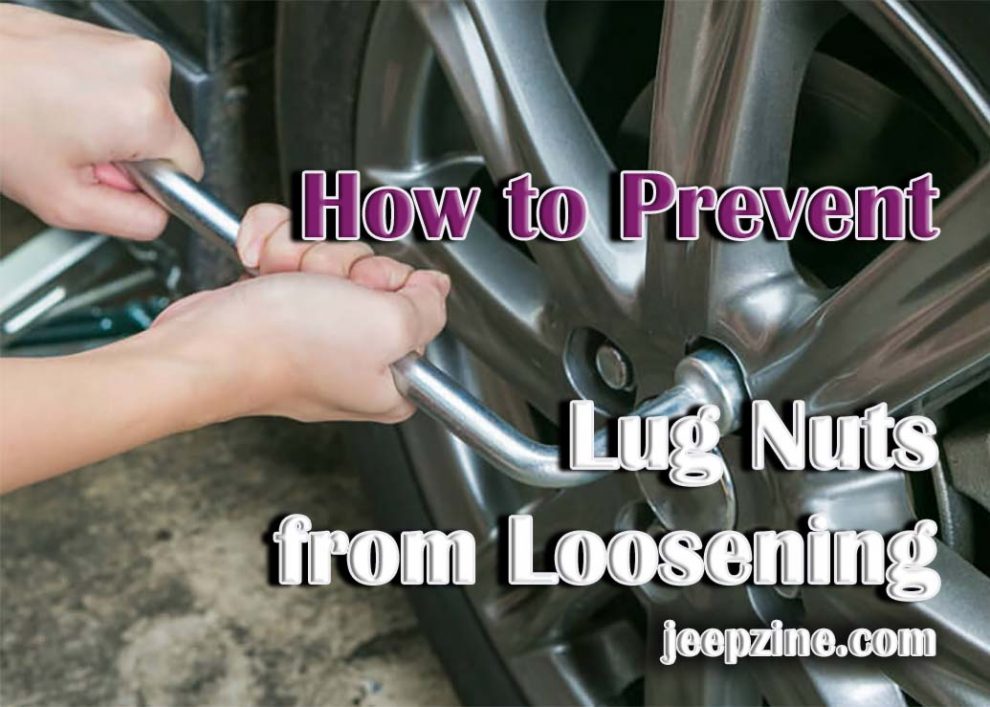You may not give much thought to the lug nuts holding your car’s wheels in place—until one comes loose, that is! At that point, it’s essential to understand what caused it to loosen so that you can address the issue and keep your car safe on the road. In this article, we explore the common causes of loose lug nuts and discuss the effects of neglecting to keep them tight.
Lug nuts have an important job to do – they connect your car’s wheels to its axles and ensure that your vehicle rides safely and smoothly on the road. Unfortunately, lug nuts can become loose for a number of reasons, leading to unsafe driving conditions and poor performance. Let’s take a closer look at why this happens and how you can prevent it from occurring in the first place.
Common Causes of Lug Nut Loosening
Improper Torque and Installation
One of the most common causes of loose lug nuts is improper installation or torqueing (tightening) when replacing or mounting new tires or wheels onto your car or truck. If lug nuts are not tightened down correctly during installation, they won’t be able to withstand normal driving conditions like bumps in the road or wind resistance while driving at higher speeds—which can cause them to gradually become loose over time. It’s important to always consult with a qualified automotive technician who will be able to properly install your tires and wheels according to the manufacturer’s recommended torque specifications.
Vibration

Temperature Changes
Temperature fluctuations can also lead to loosened lug nuts due to the expansion and contraction of metal components as temperatures rise and fall throughout the year. This process is accentuated with larger temperature changes, such as when your vehicle travels through mountain passes or in extreme weather conditions (i.e., hot summers or freezing winters). It’s important to regularly inspect your car’s wheel lugs during these times as well as after long road trips (such as family vacations) or any other extreme temperature changes that may have occurred since last checking them for tightness.
The Effects of Loose Lug Nuts
Reduced Wheel Retention Capability
The most obvious effect of loose lug nuts is a reduced wheel retention capability—meaning, the wheels may not be properly secured to the vehicle and could potentially fall off while driving. This presents an obvious safety hazard for you, your passengers, and other vehicles on the road. Additionally, if the wheels come off your car while driving, it can cause significant damage to your car’s body as well as potentially leading to catastrophic engine failure.
Tire Separation From Vehicle
Another major effect of loose lug nuts is tire separation from the vehicle due to improper wheel alignment or balance. When one or more lug nuts are loosened or missing entirely, it places stress on other lug nuts around that wheel which can lead to premature tire wear and uneven tread depth—which can cause the tire(s) to separate from the vehicle while driving. In addition to poor performance and reduced fuel economy, this can also lead to unsafe handling conditions due to lack of traction. Also read here about Semi Lug Nut Size Guide.
Prevention & Maintenance Tips for Keeping Lug Nuts Tight
Fortunately, there are several steps you can take in order to ensure that your lug nuts remain tight and secure at all times:
- Have your tires rotated regularly—at least every 5,000 miles—to reduce the effects of vibration on your lug nuts.
- Inspect your lug nuts before and after long road trips to ensure they remain tight.
- Have a qualified automotive technician check your tires and wheels during routine maintenance to make sure they are correctly installed and torqued.
- Replace damaged or missing lug nuts as soon as possible so that the remaining lugs are not overstressed.
By following these preventive maintenance tips, you can be sure that your car’s wheels remain safely secured to its axles at all times! Remember, driving safely starts with proper lug nut maintenance!


Add Comment